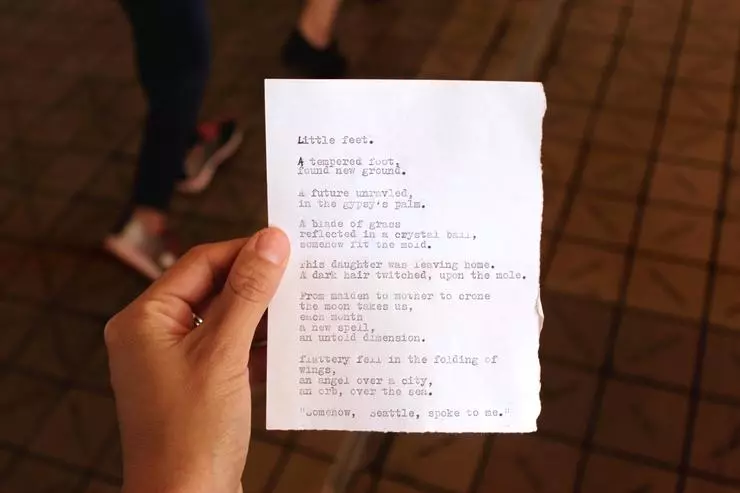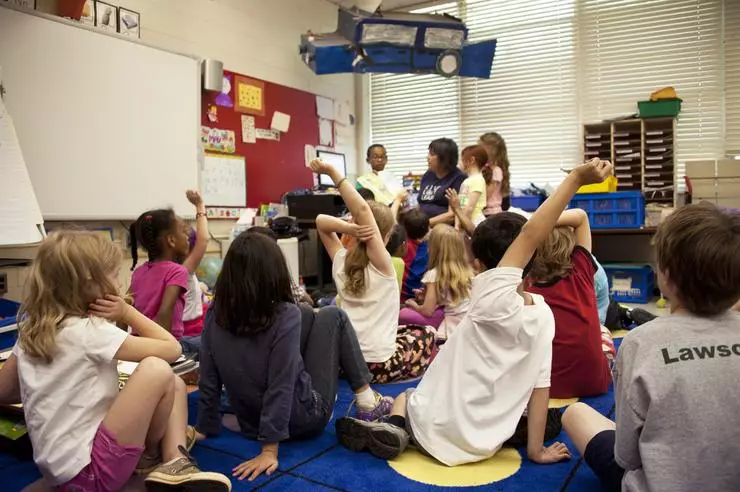Memorizing and reading verses strengthens memory and self-confidence. Poems express emotions and ideas in lyrical phrases, which are often easy to remember. They make it possible to establish connections in several areas of the child's curriculum. You can use poetry to teach grammar and vocabulary. Here are 8 steps to teach children of poetry:
1. Read the poem loud. Ask a child to listen to you when you read the poem out loud. If this is a complex poem, you can give it some help information before you start.
2. Determine the words that the child does not know. Ask the kid to call the words that he is unfamiliar. Then ask you to write a definition of each word in notepad. You can ask him to find words in the dictionary or prepare definitions in advance.
3. Read the poem out loud once again. Repeated listening to the poem will help to understand it. Before you do, you can ask the child to answer questions about the content of the text. For example, "How does the author of this poem relate to colors? How do you know?"

It will be useful if you prepare a verse summary in advance that they can copy
Photo: unsplash.com.
4. Briefly retell a poem. In this step, ask to retell the poem in your own words. It can be very useful when you learn more complex poems with older children. But even the kids are important to know that they understand the overall idea of the poem. It will be useful if you prepare a verse summary in advance that they can copy.
5. Discuss a poem. It's time to ask them key questions about the poem and its characters. You can ask the child to choose one word to describe the main character. Ask to refresh the answers to information from the poem. For example, if they say that the main hero of the power, they should be able to give examples from the poem that the protagonist is really dominated.
6. Ask children about their experience. Ask you to associate a poem with your life. You can say: "Describe the moment when you felt carefree as a poet." It is also a suitable moment to get acquainted with other parts of the child's curriculum. You can say: "Does this poem remind you of someone from literary characters that we read earlier?"
7. Remember the poem. If you learn a long poem, break it into smaller parts and give children to the executive partitions to memorize. Read excerpts every day from poem together. It really helps to consolidate the poem in the mind of the child.

When you learn verse for the holiday, you will have to speak in front of the class
Photo: unsplash.com.
8. Read the poem. When you learn verse for the holiday, you will have to speak in front of the class or, perhaps at the concert, where he will invite parents or other relatives. Prepare for this day.
